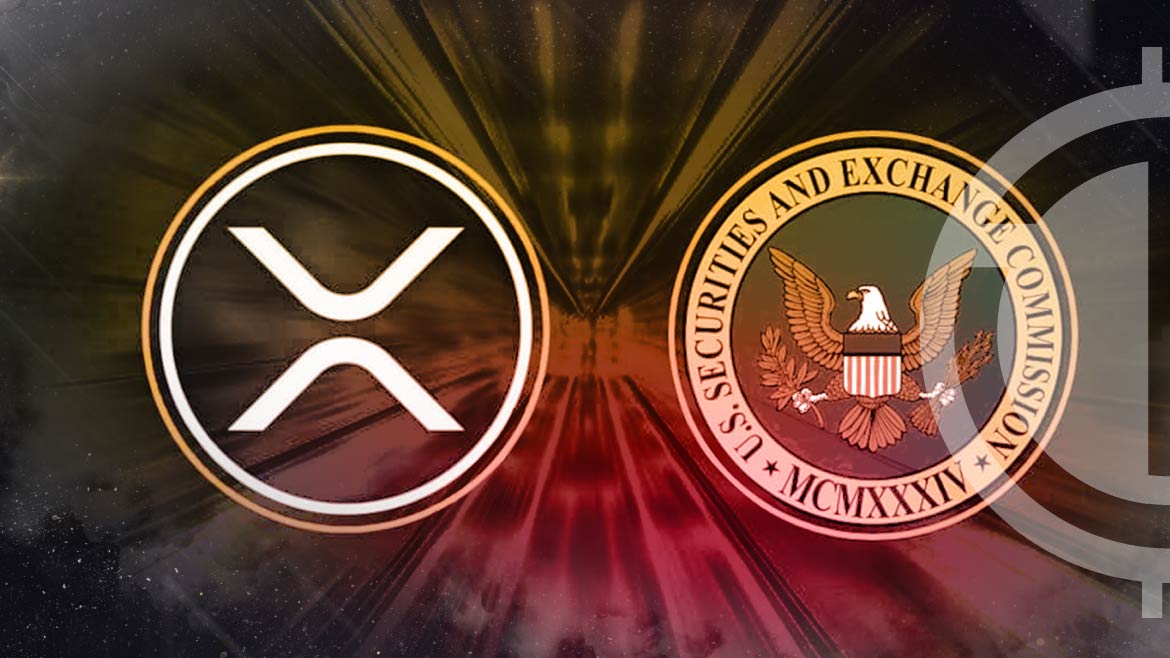- Attorney John E. Deaton delves into the 2018 SEC memo that did not recommend action against Ripple for its XRP sales.
- The memo did not recommend any legal action against Ripple or XRP.
- Cryptocurrency analyst Bill Morgan questions the SEC’s contradictory stances on XRP and Ethereum.
Following Attorney John E. Deaton’s recent disclosure of a 2018 SEC memo, the ongoing Ripple vs. SEC legal battle remains in focus. The memo, which did not recommend any action against Ripple for its sale of XRP tokens, has intensified scrutiny of the SEC’s regulatory approach. Deaton’s revelation adds complexity to the SEC’s approach to Ripple and XRP, building on a situation previously reported by CryptoTale.
Deaton offered a detailed analysis of the memo’s implications in a post on X, stating:
Here’s the point to consider: on June 13, 2018 Clayton and Hinman receive the #XRP Howey Memo 📝, written by SEC enforcement lawyers. The Memo does not conclude by making any recommendations of any nature. It certainly does not recommend an enforcement action against @Ripple… https://t.co/RaGsGl1MOX
— John E Deaton (@JohnEDeaton1) August 28, 2023
According to Deaton, the memo was received by SEC officials Jay Clayton and William Hinman on June 13, 2018. The next day, Hinman publicly stated that Bitcoin and Ethereum were not securities, conspicuously omitting any mention of XRP. This led to a surge in Ethereum’s market value, leaving XRP stakeholders in a state of uncertainty. Deaton emphasized that XRP and Ethereum had battled for the number two spot in the cryptocurrency market for years, making the omission significant.
Less than three months later, Ripple’s CEO Brad Garlinghouse and CTO Joel Katz had a private meeting with Clayton, Hinman, and other SEC senior staff to discuss XRP’s regulatory status. Deaton noted that Garlinghouse likely reminded the SEC that XRP was created two years before Ethereum. He also highlighted that Ripple had discussed its vision for XRP with various regulatory bodies, including the SEC, CFTC, Federal Reserve, and FinCEN, as early as 2013.
Deaton highlighted that in 2015, Ripple settled with FinCEN, agreeing to comply with U.S. banking laws and provide an auditor’s report on all XRP sales for five years. Despite this, the SEC failed to provide clear guidelines during the meeting, adding to the regulatory ambiguity surrounding XRP. Garlinghouse reportedly expressed frustration over the lack of clarity, stating that Ripple was “living in purgatory” due to the SEC’s vagueness.
Bill Morgan, another legal expert and cryptocurrency enthusiast, critiqued the SEC’s approach in response to Deaton. Morgan pointed out that the SEC had stated in a recent motion that XRP has no intrinsic value. He emphasized that the SEC seems to have a different view of Ethereum, raising questions about the SEC’s inconsistent approach to digital assets.
Deaton responded by revisiting the Howey Test, the legal framework for determining if an asset is a security. He emphasized that if the test is satisfied, it is immaterial whether the enterprise is speculative or non-speculative or whether there is a sale of property with or without intrinsic value.






